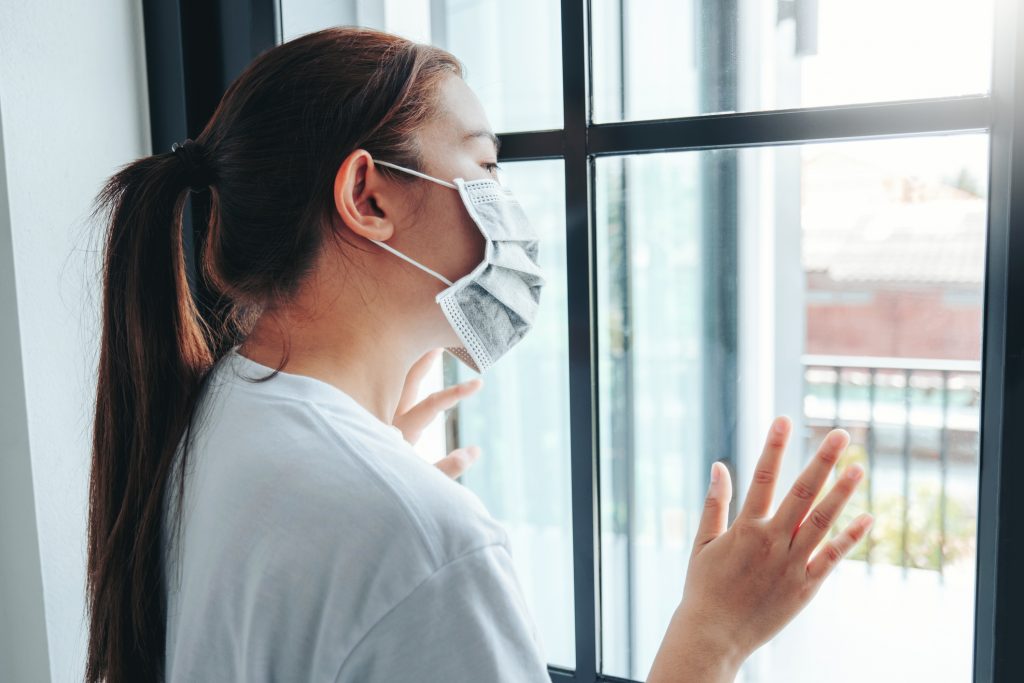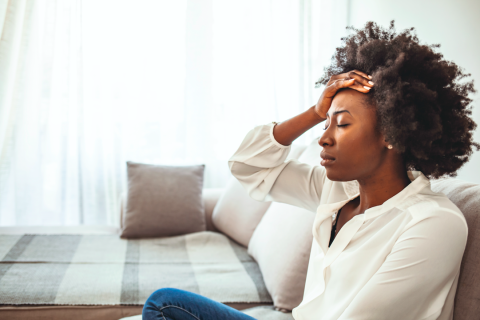Business Day Prime
Tackling Lockdown Loneliness
There’s a reason why solitary confinement is, in some contexts, the most severe of punishment for those who are found guilty of doing something wrong, says clinical psychologist Charity Mkone. “This is because we’ve evolved as social animals who utilise our relationships with others to regulate every aspect of our lives – including emotional and psychological distress – which is why feelings of loneliness have become so common during our national lockdown.”
What is loneliness?
The experience of loneliness is best explained as an emotional state that can be felt when there’s a perceived or real absence of emotional presence in your internal world, explains Mkone. “It’s a perception of the lack of or limited social and emotional contact with others, but can and does occur even when you do have access and proximity to people. “People are struggling right now. Many callers to our helpline report that they feel lonely, isolated and overwhelmed. They miss seeing loved ones, and they miss physical contact and interaction, and this is having a major impact on their mental health.”
How it affects you
According to Psychology Today, hundreds of studies during the past five decades have highlighted a strong link between loneliness and a whole range of health issues such as cardiovascular disease, Alzheimer’s, depression, anxiety and an increased risk of mortality.
The Association for Psychological Science reports that a meta-analysis co-authored by Julianne Holt-Lunstad, professor of psychology and neuroscience at Brigham Young University, shows that lack of social connection increases health risks “as much as smoking
15 cigarettes a day or having an alcohol use disorder”, and that “loneliness and social isolation are twice as harmful to physical and mental health as obesity”.
You’re not alone
The experience of loneliness is sadly all too familiar for many people, even more so during the COVID-19 pandemic, says Mkone. “But remember, even through you may be feeling lonely, you are not alone; we are all in this together.”
It’s important to find new ways to build relationships and meaningful connections, adds Chambers.
Curbing Lockdown loneliness
Charity Mkone and Cassey Chambers offer the following tips:
Recognise that it’s just a feeling: The experience and sense of loneliness can feel pervasive, overwhelming and all-consuming at times. Try focusing on the positives – all the things you can be grateful for – while reminding yourself that this is not forever and that it will pass.
Have a meaningful conversation: Conversations has the power to lift your mood and make you feel more connected.
Social isolation does not mean social disconnection: Use technology to reach out to people you can trust and who make you feel safe.
Don’t forget man’s best friend: Research has shown that having a pet can assist with feelings of loneliness, so perhaps now is the time to think about getting one.






 Sign-up and receive the Business Media MAGS newsletter OR SA Mining newsletter straight to your inbox.
Sign-up and receive the Business Media MAGS newsletter OR SA Mining newsletter straight to your inbox.